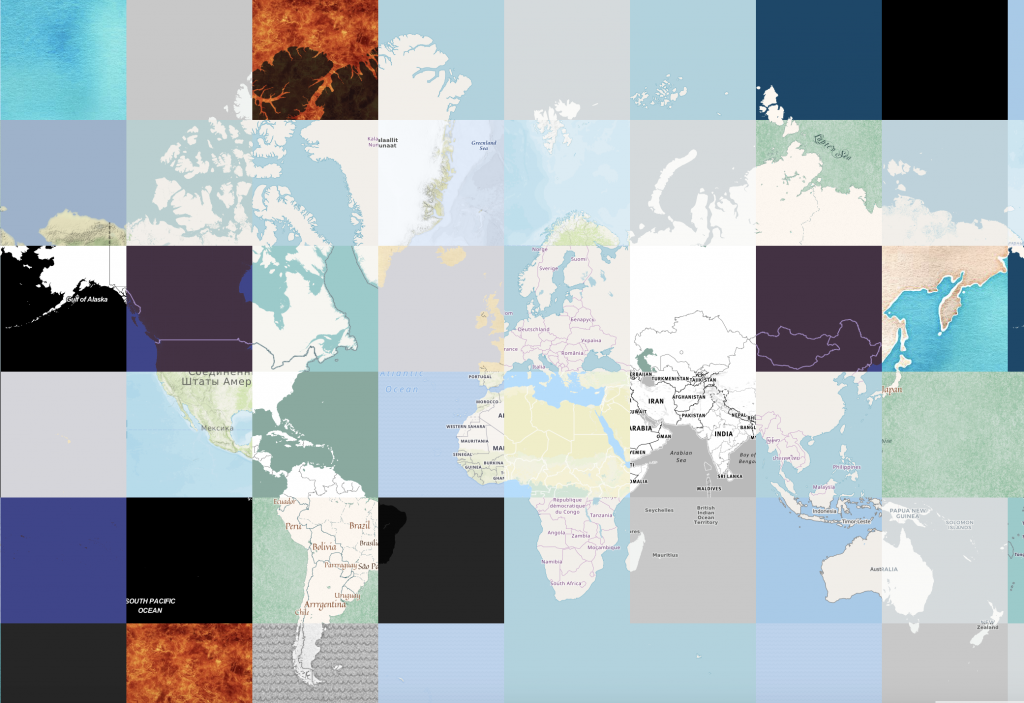Joining the OpenStreetMap Foundation used to always require a membership fee (£15 per year, which you can pay by PayPal or bank transfer). However, if you are involved in the OpenStreetMap project, and cannot pay this membership fee, it can be waived. Some OSMers live in a country under economic sanction/embargo (and thus without PayPal). Others are in nations where the bank transfer costs themselves exceed the cost of membership. Others live under circumstances where this fee alone would constitute a substantial personal financial hardship. One of the main reasons for the Membership Fee Waiver program, is a wish to be more representative of mappers from around the world.
To address this, the Fee Waiver Program was created, which, for those who qualify, will grant an Associate Membership in the Foundation at no cost, subject to annual renewal.
Some reasons to join the OSMF
As a member of the Foundation you can influence the future direction of the project by
- participating in the discussions between members and by
- voting in the annual OSM Foundation elections for the board that steers the project.
Without being a member you can still edit OpenStreetMap, by creating a free account at https://www.openstreetmap.org and help the Foundation by joining one of the Working Groups.
Eligibility
Currently you are eligible to apply for a fee waiver if:
- You are an active mapper, and are from a country which lacks suitable money transfer.
- You are an active mapper, and paying the membership fee would present an unreasonable burden to you because of financial hardship
Please note that there might be changes after the 2019 Annual General Meeting.
Languages
You can apply in a language other than English.
Where to find more information
Please read the Fee Waiver manual on the OSM wiki, to find out how to fill the forms, the procedure and the links to the forms.
How to help
If you are interested in helping more people from your community become members of the Foundation, please:
- Add translations of the fee waiver manual to the wiki.
- Contact the Communication Working Group (communication@osmfoundation.org) if you are willing to translate submissions in your native (or other languages) to English. You will have to sign a non-disclosure agreement.
- You can also help our work at the Membership Working Group (mwg@osmfoundation.org) by joining.
Thank you.
Membership Working Group
The fee-waiver program has been developed under the Board’s direction by the volunteers of the Membership Working Group, with particular thanks to Joost Schouppe, Michael Spreng and Steve Friedl who have kept up the regular work with the Registrar.
Do you want to translate this and other blogposts in your language..? Please send an email to communication@osmfoundation.org with subject: Helping with translations in [your language]
The OpenStreetMap Foundation is a not-for-profit organisation, formed in the UK to support the OpenStreetMap Project. It is dedicated to encouraging the growth, development and distribution of free geospatial data for anyone to use and share. The OpenStreetMap Foundation owns and maintains the infrastructure of the OpenStreetMap project, is financially supported by membership fees and donations, and organises the annual, international State of the Map conference. It has no full-time employees and it is supporting the OpenStreetMap project through the work of our volunteer Working Groups. Please consider becoming a member.









